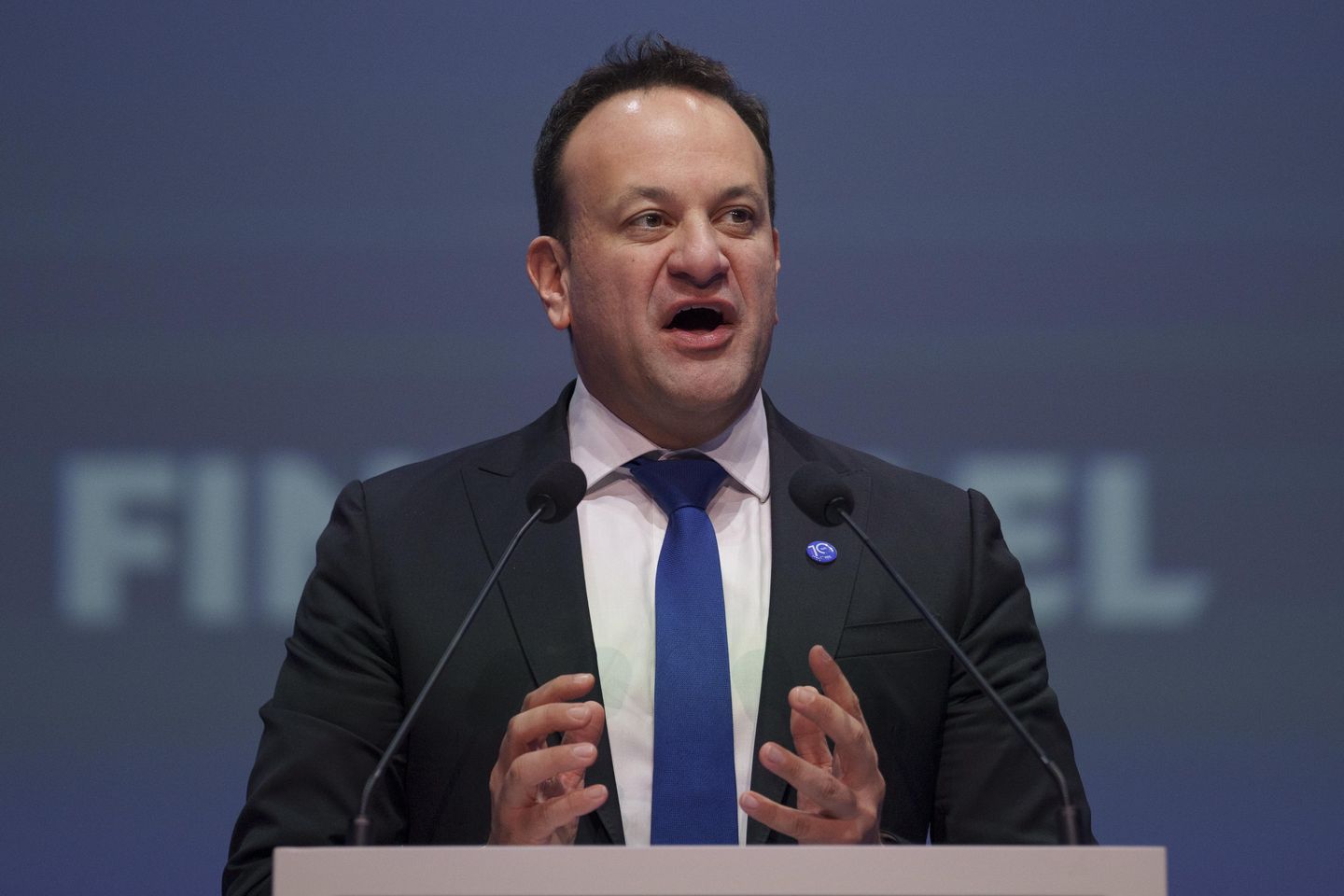Irish Prime Minister Leo Varadkar has announced his decision to step down as the leader of the country once a successor is chosen. Varadkar, who has been in office since 2017, made the announcement following the recent general election in Ireland, which saw his party, Fine Gael, lose ground to its main rival, Fianna Fail. Varadkar’s decision to step down comes as part of the normal process of government formation and transition in Ireland, where the leader of the party with the most seats in the Dail Eireann (Irish Parliament) typically becomes the Taoiseach (Prime Minister).
Varadkar, who is Ireland’s first openly gay prime minister and the first of Indian heritage, has been praised for his leadership during his time in office. He has been credited with steering the country through a period of economic growth and stability, as well as for his handling of key issues such as Brexit and the COVID-19 pandemic. However, his popularity has waned in recent months, with some critics accusing him of being out of touch with the needs of ordinary Irish citizens.
Varadkar’s decision to step down as prime minister comes at a critical time for Ireland, as the country continues to grapple with the ongoing challenges of Brexit and the COVID-19 pandemic. His successor will face the daunting task of navigating these complex issues, as well as addressing pressing domestic concerns such as healthcare, housing, and climate change. The leadership transition will also have broader implications for the future direction of Irish politics, as the country’s two main parties, Fine Gael and Fianna Fail, negotiate the formation of a new government.
Varadkar’s announcement has sparked speculation about who will succeed him as leader of Ireland. The frontrunners for the position include both Simon Coveney and Paschal Donohoe, who are senior members of Fine Gael and have held key ministerial positions in Varadkar’s government. Other potential candidates from within the party include Leo Varadkar himself, should he decide to seek re-election as party leader. However, there is also a possibility that the next Taoiseach could come from Fianna Fail, which won the most seats in the recent general election.
Overall, Varadkar’s decision to step down as prime minister marks the end of an era in Irish politics and the beginning of a new chapter for the country. His successor will inherit a range of challenges and opportunities, from Brexit and the COVID-19 pandemic to healthcare and housing. The leadership transition will also test the resilience of Ireland’s political system and the ability of its leaders to address the needs and concerns of the Irish people. As the country moves forward, the choice of its next prime minister will be crucial in shaping the future direction of Irish politics and society.









